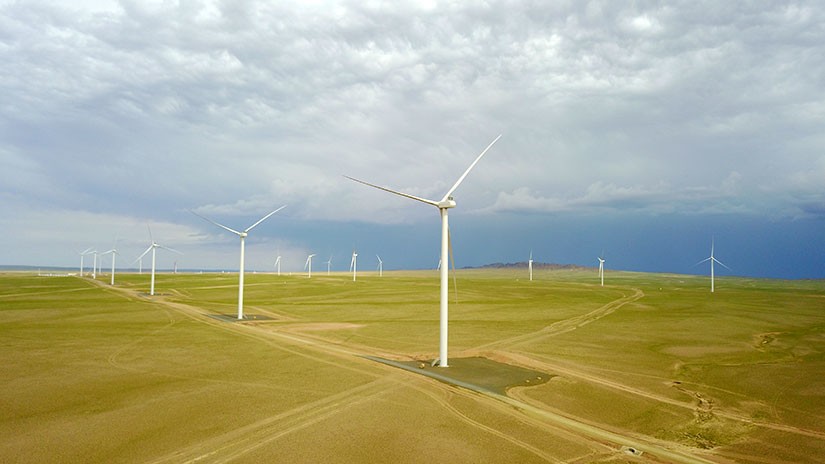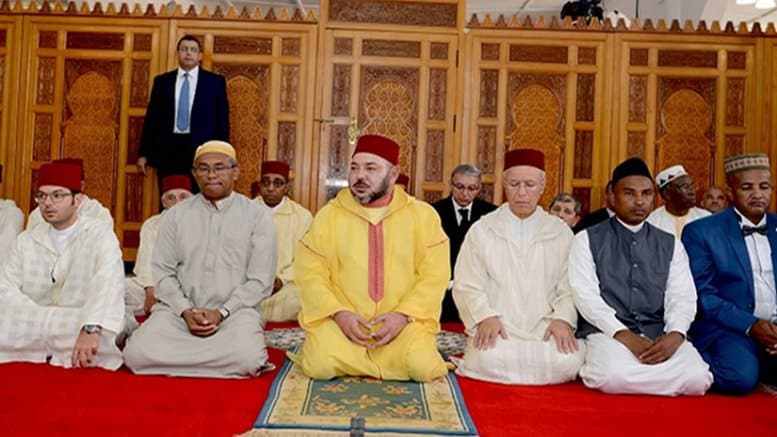(ANSAmed) – ROME, MARCH 21 – Peace in the Middle East remains a possibility, despite the fact that the list of failures and missed opportunities is growing ever longer. It is possible because co-existence and integration between Muslims and Jews is not just a pipedream. For centuries the two communities have lived “under the same roof”, and this must be the way once again, according to André Azoulay, an advisor to Morocco’s King Mohammed VI, and the president of the Anna Lindh Foundation, who has spent his life fighting to bring about dialogue between Jews and Muslims. This dialogue began almost 40 years ago, when Azoulay founded the organisations “Identity and Dialogue” in Paris in 1974, one of the first forums to include Jewish personalities originating from Morocco and from the Arab world. The Foundation was geared towards bringing about negotiation between the Israelis and the Palestinians.
Azoulay, an economist highly respected in Europe, has acted as an advisor to the Alawite monarch for the last 21 years, and is the only Jew to hold such an important position in the whole of the Muslim world. In recent days, he has been in Rome, where he was yesterday decorated, along with the Grand Mufti of Bosnia, Mustapha Ceric, and the president of the Community of Sant’Egidio, Marco Impagliazzo, with the Fondazione Ducci’s Peace Prize. Azoulay, who heads the Euro-Mediterranean foundation for dialogue between different cultures dedicated to the memory of the late Anna Lindh, defends the singularity of his country, which remains different from other Arab states. “Morocco is a place in itself, a reference point for the Muslim world and other things beside,” he tells ANSAmed. “Jews have lived here for centuries without being put undre pressure and without being forced to emigrate because of threats or discrimination. Even those who have left have maintained close ties with their country of origin, often retaining Moroccan citizenship”. Azoulay has dedicated part of his work to these strong ties. “We must protect our history, our way of speaking, our music, keeping our traditions and our origins alive”.
Azoulay, who was an advisor first to Hassan II and then to his son, Mohammed VI, has for decades been one of the most important custodians of Essaouira, his city of birth. The place once known as Mogador is steeped in history. “You have to start there, so as not to forget the origins and great traditions of co-existence between Muslims and Jews,” he says. In terms of attendance, the most significant event in the city is certainly the “Gnaoua World Music Festival”, which begins on June 23. “The festival was initially greeted with great scepticism but today, 15 years on from its creation, draws 500,000 visitors from all over the world,” explains Azoulay, speaking at a press conference earlier today. Gnaoua was brought to Morocco by sub-Saharan slaves, who fled towards North Africa. The festival carries a universal message based on cultural and musical fusion, where the great “maalemines” (masters) play the mystic and sacred Gnaoua music alongside internationally renowned jazz artists. The theme at this year’s festival, Azoulay says, will be “Culture in Resistance”. Another important event is the “Trade Winds Spring”, a festival of chamber music beginning in two weeks and which today is one of the most widely appreciated events for chamber music enthusiasts. The event that perhaps best illustrates this spirit of co-existence, criss-crossing and fusion between the different cultures (Arab, Jewish and Berber) in Morocco is the Festival of the Atlantic Andalusias, which since 2003 has paid tribute to the Jewish, Arab and Andalusian heritage of Morocco. “It is the only festival in the world in which Muslim and Jewish poets, singers and musicians perform side by side,” Azoulay says. (ANSAmed).
.




